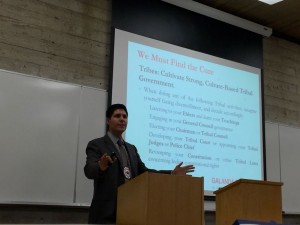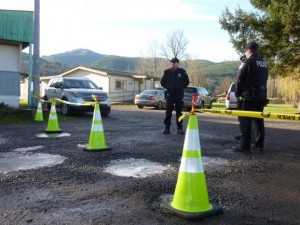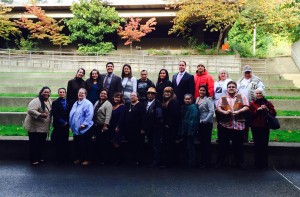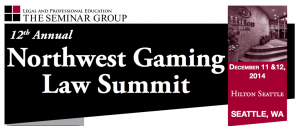
The Pacific Northwest Gaming Law Summit, now in its twelfth year, has become a veritable "who's who" event for the Pacific Northwest and national gaming industry. It takes place this year on December 11 and 12, 2014, at the Hilton Seattle in Seattle, Washington. Join Program Co-Chairs Gabriel S. Galanda, a partner and co-founder of Galanda Broadman PLLC, Frank L. Miller, a founding member of Miller Malone & Tellefson PS, and Robert M. Tull, owner of the Law Offices of Robert M. Tull. They lead this outstanding faculty:
- Hon. James Allan of the Coeur d'Alene Tribe
- Hon. W. Ron Allen of the Washington Indian Gaming Association
- Prof. Robert Anderson of the University of Washington School of Law
- Hon. David Bean of the Puyallup Tribe of Indians
- Anthony S. Broadman of Galanda Broadman PLLC
- Jonodev Osceola Chaudhuri of the National Indian Gaming Commission
- Hon. Brian Cladoosby of the National Congress of American Indians
- Scott D. Crowell of Crowell Law Office - Tribal Advocacy Group
- John H. Dossett of the National Congress of American Indians
- Prof. Eric D. Eberhard of the Seattle University School of Law
- Alan R. Fedman of Dentons
- Hon. Bob Garcia of the Confederated Tribes of Coos, Lower Umpqua and Siuslaw Indians
- Hon. JoDe L. Goudy of the Yakama Nation Tribal Council
- Hon. Philip Harju of the Cowlitz Indian Tribe
- Daniel J. Little of the National Indian Gaming Commission
- Martin C. Loesch of Loesch Consulting
- Connie Sue M. Martin of Schwabe Williamson & Wyatt PC
- Wayne A. Shammel of the Cow Creek Band of Umpqua Indians
- Christopher Stearns of the Washington State Gambling Commission
- Ernest J. Stebbins of the Washington Indian Gaming Association
- Ernest L. Stevens, Jr. of the National Indian Gaming Association
- David Trujillo, CPA, CGMA of the Washington State Gambling Commission
- Joseph Valandra of Great Luck LLC
- Scott Wheat of the Spokane Tribe of Indians
Gabriel “Gabe” Galanda is the Managing Partner at Galanda Broadman. He is a citizen of the Round Valley Indian Tribes. Gabe can be reached at 206.300.7801 or gabe@galandabroadman.com.



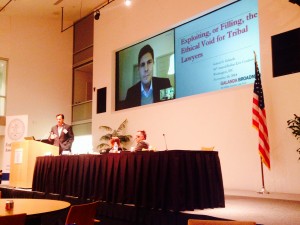


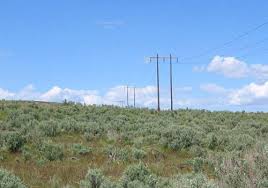


 According to U.S. News - Best Lawyers, the firm's national ranking was determined through the firm's overall evaluation, which was derived from a combination of Galanda Broadman’s “clients' impressive feedback” and “the high regard that lawyers in other firms in the same practice area have for [the] firm.”
According to U.S. News - Best Lawyers, the firm's national ranking was determined through the firm's overall evaluation, which was derived from a combination of Galanda Broadman’s “clients' impressive feedback” and “the high regard that lawyers in other firms in the same practice area have for [the] firm.”